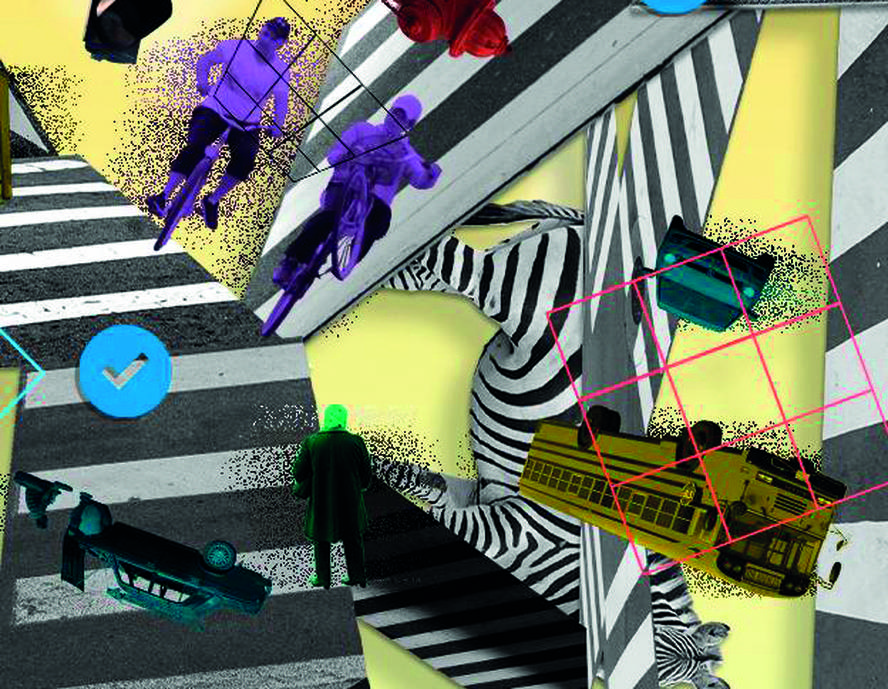Some reflections on artificial intelligence: challenges and consequences

The use of artificial intelligence offers very valuable opportunities in different areas. For example, in education, it can give you the opportunity to create customized materials.
In health, it improves imaging diagnosis and preventive care, enabling early detection of cancer. It is also being used for mammography without pain, compression or radiation, which can be reproduced by rain. And dermatology has shown that AI systems have more ability to detect melanoma than doctors.
OA is revolutionizing wildlife conservation in nature care, improving monitoring, species identification, habitat study and predicting the impact of climate change.
It is also having a remarkable influence on the social aspect. For example, small AA devices for personal use (TinyML) will have a great future. For example, the Smart Magnifier that turns text into audio.
To quote one last example, it can also serve to improve productivity at work. AA can attend the working meetings in substitution of ours, transcribing and synthesizing what has been said in them. You can organize and send documentation and perform repetitive tasks, leaving time for creativity. Would you give us the opportunity to have four days of work?
On the other side of the coin, however, it also generates doubts and challenges. First of all, there is an environmental impact. In fact, to train and use the models of AI, especially those of the creator AA, you need a lot of energy, water and computational resources. On the other hand, AA is being used to control and stabilise the nuclear fusion process, resulting in a clean and almost unlimited source.
Another concern is the loss of employment: Automating repetitive tasks with AI can lead to job losses, but also to creating new roles with new skills. Preparation for this transition is essential.
Data security is also a big challenge. To respond to this, the Gaia project has been created, with the aim of creating a federated data infrastructure for Europe.
It should be noted that from a feminist point of view, AI also generates great challenges. In fact, the predominance of white men from rich countries in AI development can lead to continued gender inequality and other trends in outcomes and applications. In addition, women, when performing more repetitive jobs, are more likely to have to change jobs.
In this sense, there are social biases: the data used for the formation of models reflect attitudes and prejudices of society, so it is inevitable that the models reproduce racist, sexist and contrary to the LGTBIQ+ collective. Advanced techniques are being applied to alleviate these problems (Fine-tuning, human inspection).
In this sense, minority languages and cultures, including the Basque one, may be rejected. The latxa model and the neural translator want to drive the Basque.
Finally, there is a concern about transparency: XAI, “explainable artificial intelligence”, is a set of techniques and tools designed to open the “black box” of AA systems. By opening that "black box," we can better understand how and why AI makes some decisions.
So with all of this in mind, and as a computer engineer, I see the positive effects that AI can have.
Education and information for citizens is fundamental to deciding how to develop and regulate this technology without leaving anyone behind.
AA should be used as a technology that improves our quality of life, placing the living beings and the human beings of the planet at the centre.
Finally, as robots and chatbots advance and become able to simulate meaningful emotions and conversations, the question arises: Will we create deep emotional ties to systems that don't have real feelings? I think so.






